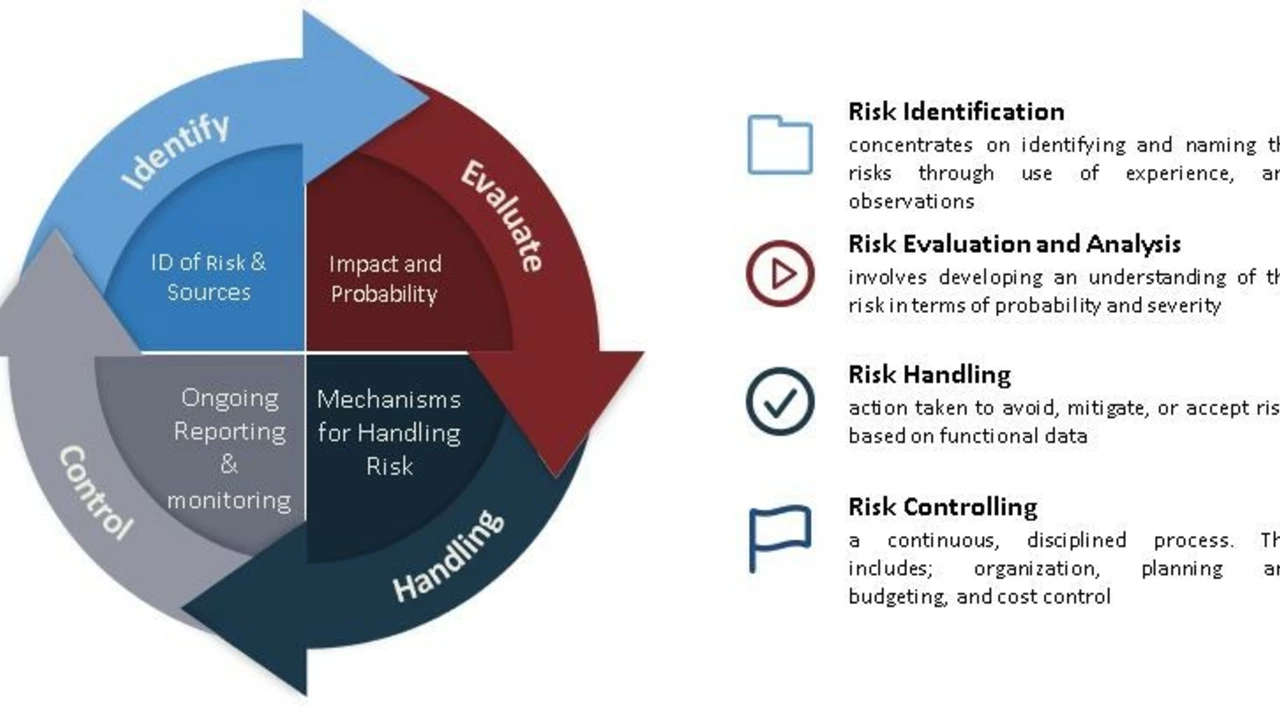Dimethyl fumarate: Uses, Side Effects, and Patient Tips
Dimethyl fumarate is a prescription medicine mainly used to treat relapsing forms of multiple sclerosis (MS) and — in some countries — psoriasis. It comes as oral capsules or delayed‑release tablets and helps reduce immune-driven inflammation that damages the nervous system or skin. If your doctor mentioned dimethyl fumarate, this page gives the practical basics you want to know: how it works, what to watch for, and common day-to-day tips.
How it works: dimethyl fumarate activates the Nrf2 pathway, which helps cells handle oxidative stress and lowers inflammation. That immune modulation can cut MS relapses and slow disability progression for some people. For psoriasis, related fumarate salts can calm the overactive immune response in the skin.
Typical dosing and what to expect
Most adults taking dimethyl fumarate for MS use a delayed‑release tablet, often starting with a lower dose for a week and moving to a maintenance dose twice daily (for example, Tecfidera commonly starts at 120 mg twice a day then goes to 240 mg twice daily). Follow your prescriber’s exact schedule — doses and titration vary by product and patient. It can take several weeks or months to notice clear benefit, so keep regular follow-ups.
Side effects, monitoring, and safety
The most common side effects are flushing, stomach pain, diarrhea, nausea, and mild liver enzyme changes. Flushing often decreases after the first month and can be reduced by taking aspirin or by eating with food, but check with your doctor first. Dimethyl fumarate can lower lymphocyte counts, so clinics usually check blood tests before starting and then periodically to watch for lymphopenia. Rare but serious risks include progressive multifocal leukoencephalopathy (PML) and severe infections, especially if immune cell counts stay low.
Before you start: tell your provider about current infections, recent vaccines, liver disease, or pregnancy plans. Live vaccines are usually avoided while on immune‑modulating drugs. Women who are pregnant or breastfeeding should discuss risks and alternatives; data are limited and decisions are personalized.
Interactions and practical tips: dimethyl fumarate has few direct drug interactions, but combining multiple immune suppressants raises risk. Stay hydrated, avoid alcohol if your liver tests are abnormal, and report persistent fever, new neurological changes, or worsening infections right away. If you get intolerable GI side effects, ask your clinician about dose adjustments, switching formulations, or using symptomatic treatments.
Many people tolerate dimethyl fumarate well and find it reduces flare-ups or improves skin symptoms over time. Work closely with your neurologist or dermatologist, get regular blood checks, and keep a simple symptom diary for the first three months to track side effects and benefits. If something feels off, call your care team — early action prevents bigger problems.
Quick checklist: bring a current medication list to appointments, get baseline blood tests (CBC and liver enzymes), report any persistent fever or new weakness immediately, space dimethyl fumarate from other immunosuppressants unless told otherwise, and keep vaccination history up to date with your provider. Carry your ID card.

